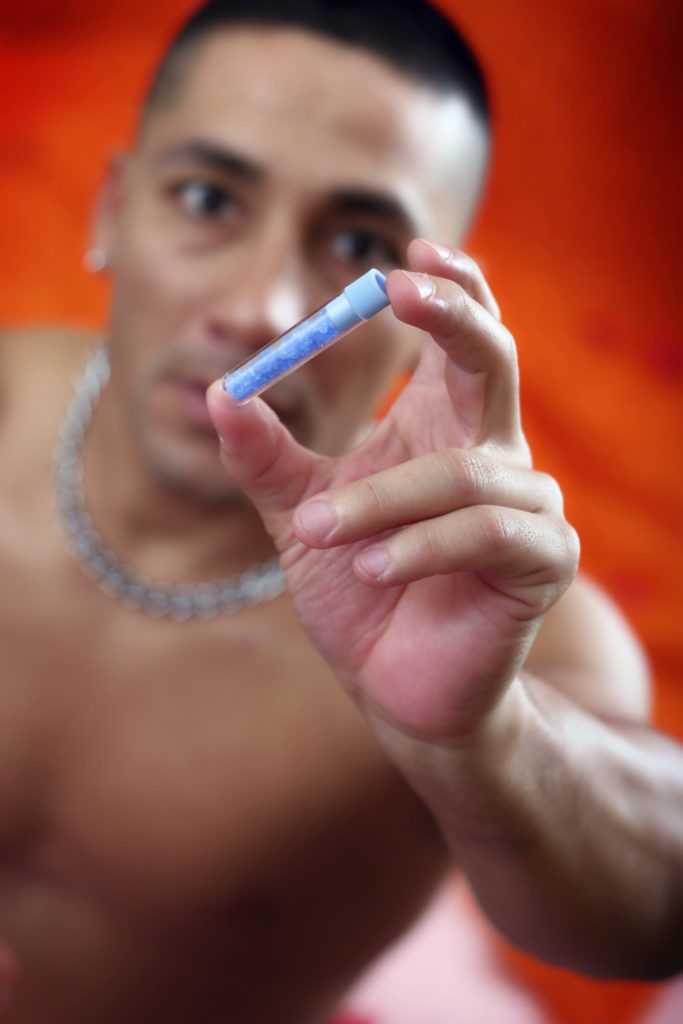Life After Addiction Treatment: Setting Yourself Up For success
Having completed the beginning phases of recovery, detox and treatment, you are now ready for the next stage. While individuals leaving a structured treatment environment may struggle to remain sober, setting yourself up for success as you begin life after addiction treatment can drastically change the outcomes you experience.
Unfortunately, the research supports just how difficult of a challenge the transition from residential treatment can be. In a review of over 500 studies on alcoholism, more than 75% of the participants relapsed within one year of treatment; other research shows that 85% of those living with addiction relapse within the same time span. You may feel that this will not happen to you, and there may be many valid reasons for your positivity, including:
- Your age (younger people have less of a tendency to relapse)
- You may not have a major mental illness
- You may have completed inpatient treatment
Other factors that improve the likelihood that you will not relapse include the type of aftercare your treatment center has planned together with you. Some treatment facilities have alumni programs and sober living facilities for people who have completed their initial therapy.
Controlling What You Can In Addiction Recovery
Having accepted that you may experience a setback after addiction treatment because you are in a situation that frequently causes them, one way to avoid them is to create a solid plan of action. In your commitment to sobriety, you may need to change several things about how you function and move throughout life. Although your treatment program has likely reviewed many ideas with you, shifting into this phase is still anxiety-provoking. It is always helpful to remind yourself of steps you can take.
Step 1. Make a list of the medications, vitamins and herbs which are safe for you to take.
This is a practical step you can do that will help you counter your nervousness in life after addiction treatment. At first blush, it may seem silly because, in your healthy state, surrounded by the warmth of your therapist and a pile of phone numbers you can use to call helpful friends, it’s hard to imagine yourself back in that addiction mindset.
However, remember that some of these substances—or the behaviors required to get them— may trigger the discriminative stimulus effect: your brain is susceptible to signs that mood-altering substances may be available. In light of this, it’s important to remember: nothing you do to take care of yourself is silly.
Along with your list of safe substances, don’t forget to rid your environment of things that don’t make the list. As reported by the UCLA Semel Institute in 2021, substances that many people forget to throw out include :
- Old paint thinner or other items left somewhere in a garage or shed
- Nail polish remover. In the future, you might consider polish-free manicures. Or ask a manicurist for recommendations regarding how to remove polish without remover
- OTC drugs or prescription drugs; discuss with family or roommates about how to best handle this. Possibilities might include a decision to keep these things at work or in a locker
- Extracts (i.e., vanilla); consider using the more expensive alcohol-free version
- Vitamins and herbs taken by family members or roommates; again, a discussion and plan are necessary
Step 2. Consider methods you plan to use to deal with stress.
One of the key triggers for relapse in life after addiction treatment is when stressful events occur. So you want to be sure that you build habits and skills for dealing with chronic tension in your life. Different coping styles, as identified by Dubow & Rubenlicht (2011), and various types of coping strategies exist and can be vital in making it through stressful situations.
Coping Styles:
- Approach coping: any coping that focuses toward something upsetting with the goal of addressing it. Examples include seeking support from others in order to understand the situation better or organizing to prioritize issues and deal with them more effectively.
- Avoidance coping: coping that focuses away from something to direct your attention away from it intentionally. Examples include distracting yourself with something healthy/pleasant to relieve stress or meditating on something calming to settle your mind.
Coping Strategies needed after addiction treatment
The following are emotion-based coping strategies that may be useful. These can help with releasing strong feelings that arise early in your commitment to sobriety. They are easy to overlook but may help express your initial emotional reaction to process further what is happening and what you would like to do about it.
- Anger: squeeze ice, hit a punching bag or pillow, rip up an old newspaper/telephone book or clean.
- Sadness: take a hot bath, hug a stuffed animal, pillow or a loved one (or ask for a hug), listen to soothing music, curl up under a blanket and take deep breaths.
- Desire to focus: choose an object and describe it as completely as you can. Include all five senses: list fifteen different uses for an item in your kitchen or bathroom, mindfully eat (take one bite of something and chew it carefully, feel its texture, concentrate on it completely, see if you can smell it, think about whether you enjoy it more when eating slowly).
Step 3. Consider who you allow in your life after addiction treatment.
You are no longer using substances. This is a significant change that family and friends you intend to keep in your life should be aware of and respect. At the same time, you cannot demand that people forgive you for things you did while drunk, high, etc. Intentionally choose who to keep and who to invite into your life as a conscious decision that you are making. It’s okay to be picky and strive for relationships that make you feel fulfilled and help push you towards your healthiest self.
Healthy relationships…
- Require dependability. Make sure that both of you are showing up and calling when you agree to do so.
- Involve listening and exchanges. Neither party should constantly be interrupting or dominating.
- Are realistic. Try not to idealize or devalue the other person and understand that acceptance helps relationships deepen.
- Are flexible. When schedules or basic unspoken “rules” of the relationship need to change (for example, how you spend your time with one another), both people should work to understand the other person’s needs. This includes your new commitment to sobriety.
Where can I find healthy people to connect with?
- Adult friendship applications, such as meetup.com, VINA, Bumble BFF
- Connect with a peer counselor/specialist for people in recovery
- Places that you go (gym, classes, spiritual institutions, etc.)
- Recovery groups that allow you to make relationships outside of the meeting
How can I comfortably set boundaries with old friends? or new people who want to be in my life but don’t feel safe?
There may be people you associate with prior substance use, who abused you, or who you feel were contributors to your addiction. Although you may feel strong emotions, you may not be in a safe enough place financially, physically, or for other personal reasons to confront them directly, so how can you set limits with them?
- Work with the boundaries you have. If you can set a physical boundary, do that. If you can set a psychological limit, as in, I’m not going to grant them access to that information (share details of my job, my hobbies, etc.), do that. Feel proud that you have set a restriction, and that is a new behavior that feels healthy right now.
- Know what you want to say. If you need to get up and leave an uncomfortable situation, providing a valid but vague reason may be a good option. Sometimes, simply saying, “I can’t discuss the details, but right now I’m not comfortable, and I need to leave,” can be very effective. Vagueness is not dishonesty. Ultimately, it is up to the other person to realize that whatever is happening at that moment is not about them; it’s about your commitment not to use substances anymore.
- Consider what you own and what belongs to others. When dealing with people who know us well who we are trying to limit exposure to, we tend to get caught in “what the other person thinks,” when really, it’s “what we think the other person still thinks.” Leave them room in your mind for creativity. Don’t conclude that they assume that you will do something you shouldn’t or otherwise play those mind games with your addiction.
Step 4. Reconsider your idea of yourself.
Treatment has allowed you a lot of new self-knowledge. This can be used across a broad spectrum of life areas. And you might find yourself needing financially or emotionally to sharpen that perspective. Using methods like visualization and mindfulness, gentle self-examination will help you get to know the authentic new you and deepen your commitment to sobriety.
Step 5. Join an Addiction Recovery Community like at The Right Step Texas
While these are important steps to maintaining your sobriety, the most influential thing you can do is connect with a recovery community. Your recovery support will help you along in this process. Whether you are transitioning from residential treatment to outpatient care, or are just looking for an alumni network to get plugged into, The Right Step Addiction Treatment programs across Texas can help you find the support you need for any stage of the recovery process.






